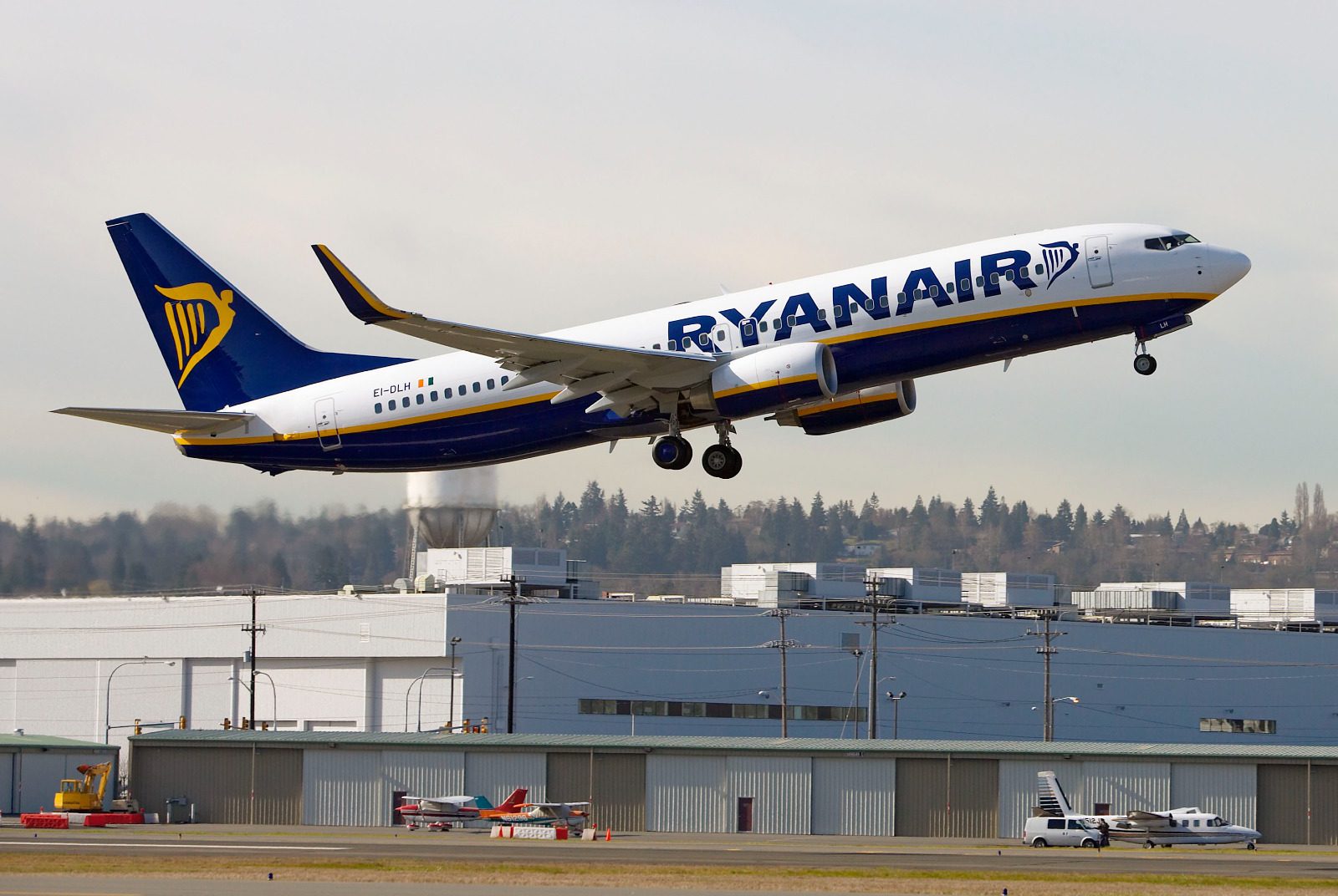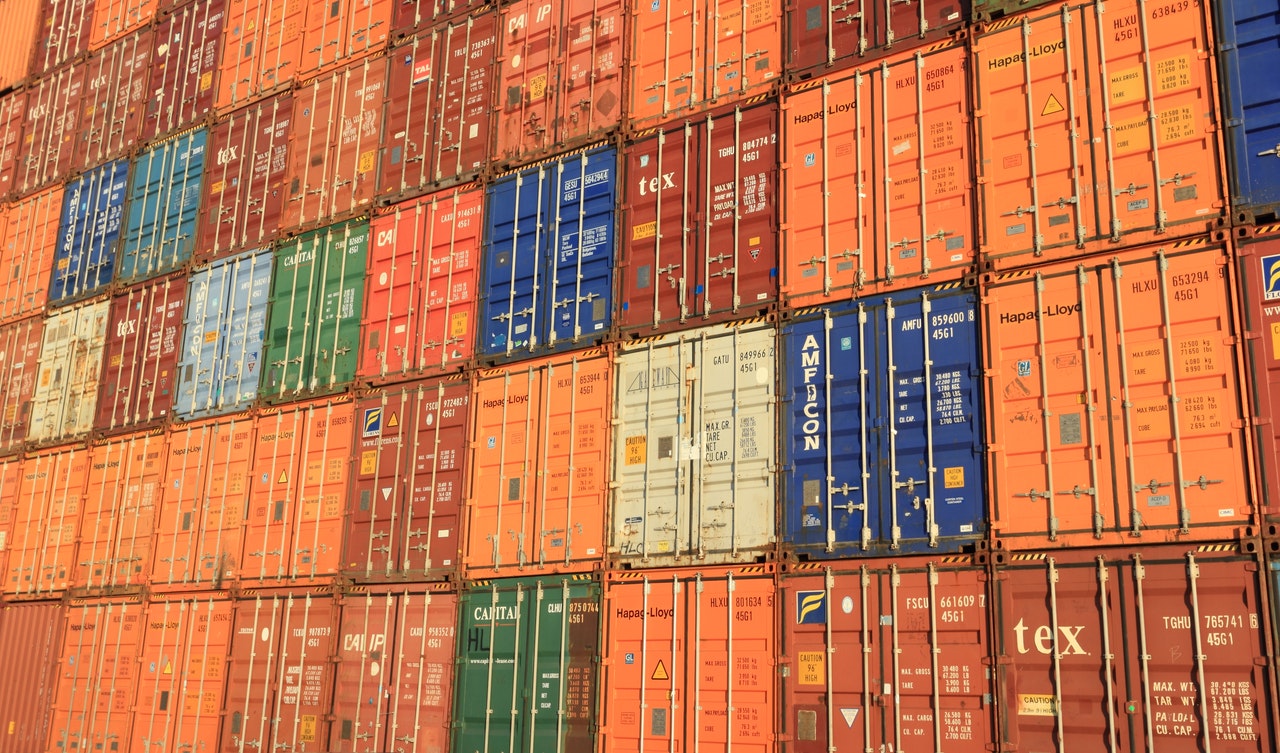Ryanair Holdings plc on Thursday announced that the airline carried 17.1 million passengers in its European route network during October 2023.
This represents a nine per cent increase from the figure of the same month last year (15.7 million).
Seat load factor, the statistic that measures how full planes are, came in at 93 per cent for October 2023, one per cent lower than that of October 2022 (94 per cent).
Ryanair stated that it operated over 96,700 flights last month, despite around 870 flights being cancelled as a result of the Israel-Palestine conflict.
In terms of a rolling 12-month basis, since October 2022, Ryanair has experienced a 15 per cent increase in passenger numbers to a total of 180.3 million, while the seat load factor jumped up by three per cent to 94 per cent.
Ryanair, one of Europe’s most popular airlines, is operating with an increased winter schedule for Malta, with 51 routes operating to and from the country. It is estimated that the airline carries 3.5 million passengers to and from Malta International Airport every year.
Earlier this year, Ryanair had to make a number of cuts to its Europe-wide winter schedule due to delays in the delivery of Boeing aircraft. The airline was expecting to receive 27 aircraft between September and December, but was instead informed that it will only receive 14 between October and December due to production delays, among other reasons.
Featured Image:
Ryanair
Ferrari unveils ‘Luce’: Its first fully electric supercar set for 2028
Pricing is anticipated to sit well above €500,000
Malta’s trade deficit narrows as import shifts and export rebalancing continue in 2026
Over the full year, Malta’s trade deficit narrowed by €444.1 million compared with 2024
Thinking of housing as part of an urban system: what Malta can learn from Singapore’s public housing
Five lessons we can take from the nation twice the size of Malta






